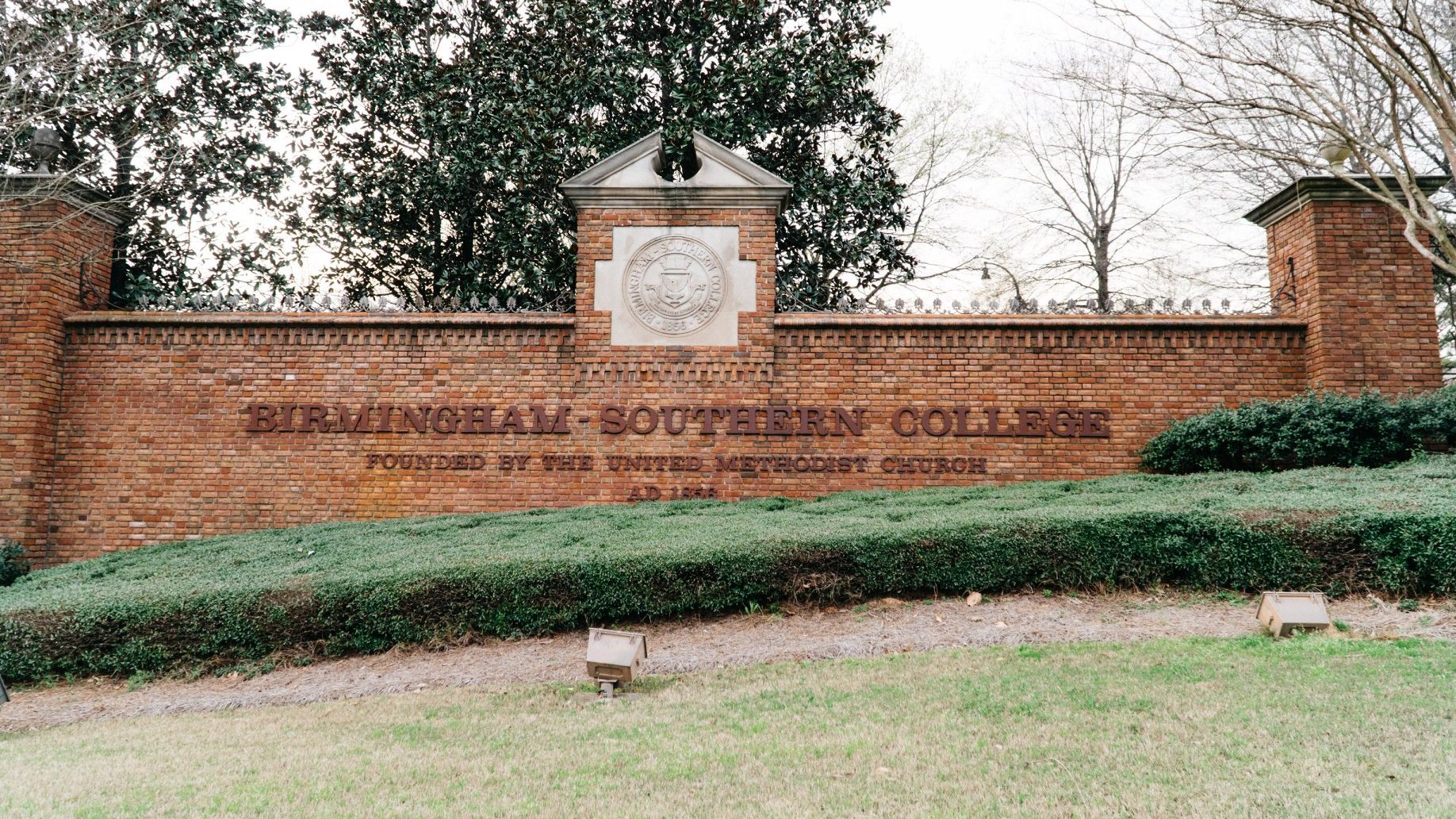|
Getting your Trinity Audio player ready...
|
Although we represent different districts and different political parties in the U.S. House of Representatives, there are times that we agree when it comes to what’s best for Alabama.
This is one of those times.
For one of us, Rep. Sewell, Birmingham-Southern College is in the district I am so honored to represent. I’ve employed numerous staffers and interns over the years who are BSC alum, including my current Legislative Aide and Chief of Staff.
For the other, Rep. Aderholt, BSC is my alma mater, as well as the place where I met my wife, Caroline, who is also a BSC graduate. And it’s where my parents went to college, too. I also have employed several staffers over the years who are BSC graduates.
So, when it comes to what is best for Alabama, we agree that keeping this 167-year-old college open and helping it achieve financial stability makes the list.
We were glad when the Alabama Legislature passed SB278, which established the Distressed Institutions of Higher Learning Revolving Loan Program. Because Alabama had a once-in-a-generation, $2.8B surplus in the Education Trust Fund, setting aside $30 million for the loan program was accomplished without reduction to state-supported institutions. This was and is a great use of a small fraction of that surplus, giving BSC the operating capital it needs while it raises private funds to restore its endowment to a level that will sustain the College going forward.
We were also glad when Gov. Kay Ivey signed the bill into law in June, because we agree that losing BSC would be bad for Alabama in many ways.
Financially, BSC delivers $97.2 million to the state each year in economic impact and $13.8 million in taxes to state and local coffers. That adds up to $1 billion in revenue over the next decade. But once gone, it will not return. Again, receiving a loan from the state seemed the common sense thing to do, considering the economic impact on the state.
Beyond its financial value, BSC serves as an engaged partner and neighbor to the historic communities that surround it. Those communities – Graymont, College Hills, Bush Hills, Smithfield, and the area once known as Dynamite Hill – are about to receive a significant boost in federal funding that will provide new, affordable housing and will create an urban trail leading to the Civil Rights District downtown. We were proud to secure that funding for the city of Birmingham, and now cannot fathom it abutting 192 acres of empty classrooms and unoccupied residence halls.
And of course there is the intangible value of what BSC brings to our state’s educational landscape. Students and their families want choices for college – some are drawn to Alabama’s large public institutions with big football programs and Greek systems. Others prefer a more urban setting with a focus on science or technology. Some want small colleges in small towns. Some seek out HBCUs or schools grounded in their faith tradition. Some want to get away from home; others want or need to stay close. Some know what they want to study, and others need time and space to explore their options.
Alabama students deserve to have all of these choices within our state. As of today, and even with BSC’s future in question, applications for fall 2024 have surpassed 1,600 – a number not achieved until after November in the last three years. Without BSC, young people who want what BSC offers – a small, residential, nationally ranked college in a big Alabama city – will have to go elsewhere. And once they leave, they may not return.
Alabama residents make up 60 percent of BSC’s student body. Half of BSC’s 17,000 graduates remain in Alabama, where their impact is seen and felt in every walk of life in every one of our 67 counties.
We strongly urge Treasurer Boozer to rethink his decision to deny the bridge loan that was designed for this very situation: To help out a college or university in Alabama that brings significant value to its community, has been in business for more than 50 years, has assets sufficient to back the state’s loan, and has a solid plan for paying it back.
We don’t always agree on the issues in Washington, but on this we do: Keeping Birmingham-Southern College open is what’s best for Alabama’s economy, our communities, and our students.
Forward Ever!


















































